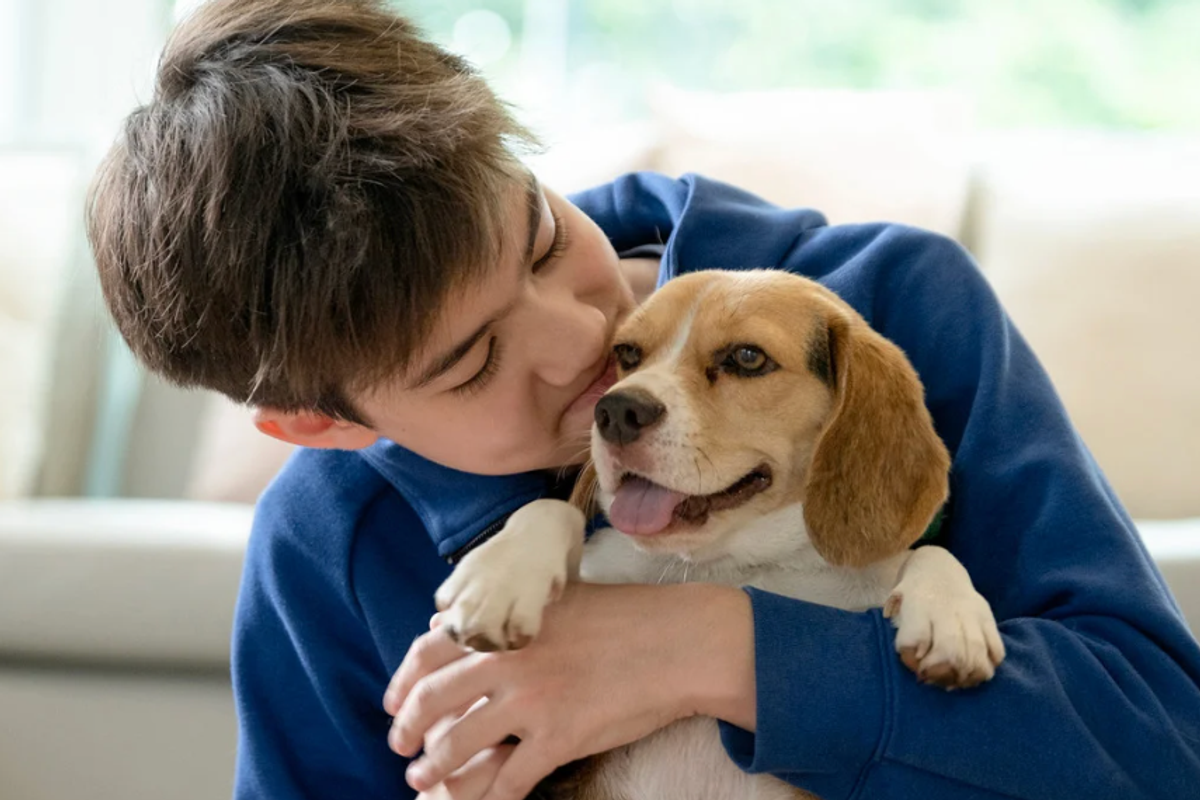Elon Musk answered a critic on Twitter. He forgot something very important: his fans.
Twitter can be a remarkable tool.
The ability to instantly send a message to your favorite athlete, a movie star, or even the president of the United States still seems like something out of a sci-fi novel. The platform's ubiquity also means you may even get responses from the famous people you reach out to. That's a good thing, right? As we're learning with each passing day, maybe it's not.
When a science writer tweeted criticism of billionaire Elon Musk, she got a personal response from him — and many of his followers.
Writing for The Daily Beast, Erin Biba recounted what happened when she addressed Musk's recent anti-media tirades and his criticism of nanotechnologist Upulie Divisekera being "100% synonymous with BS" on account of her job title.
"A billionaire w/massive power @elonmusk lashed out at two of the most under-attack industries in the country: Journalism and Science. Both are essential for democracy. We should criticize our important institutions, but we shouldn’t threaten their existence w/powerful ignorance," wrote Biba in a series of now deleted tweets. She also noted:
"In this country we deify self-made men who create empires and when they behave irresponsibly we call them 'eccentric' and say the good they have done for the world excuses their bad behavior. But instead we need to make these men look at themselves and recognize the true scope of their power and the RESPONSIBILITY TO HUMANITY that comes with it."
Musk replied, "I have never attacked science. Definitely attacked misleading journalism like yours though."
Now, there's nothing too terrible about his response. In fact, it's the exact kind of reaction any of us might have when facing criticism we feel is unwarranted or unfair. The difference between you, me, and Biba is that Musk has, at the time of this writing, 21.9 million Twitter followers.
A number of those followers took Musk's response to Biba as an invitation to attack her. (She illustrates a number of examples in her story; they're pretty graphic.)
Her story raises a great question about what responsibility people with large followings have to mitigate harassment done in their name, if any.
There are no easy answers here. The truth is that there's a big difference between someone with 20 followers and someone with 20 million followers. Both people can respond to criticism in the exact same way with massively different outcomes.
In response to Biba's article, author Neil Gaiman opened up about some of the lessons in responsibility he's learned in recent years and why "with great power comes great responsibility when you have millions of followers."
Photos by Neilson Barnard/Getty Images and Justin Sullivan/Getty Images.
He began with his own experience, saying, "I screwed up very badly almost a decade ago a couple of times, and was called out by friends, before I understood that arguing on Twitter in front of millions of followers can be bullying."
For the next several hours, Gaiman responded to occasional questions about his worldview and what he sees as his social responsibility on social media. "If you set people on other people it's bullying, even if you think you have right on your side," he wrote.
But really it comes down to "not being a dick."
Gaiman brushed off criticism that saying that people with large followings should take extra care not to subject people to an onslaught of harassment was itself a form of censorship, chalking it up to etiquette.
Most importantly, however, he said this: "I learned long ago that there are ways of doing Twitter that discourage followers from 'dogpiling,' and that's an important thing to be aware of when you have many followers. I learned it from doing it wrong, and being called out kindly by friends I respect."
This story could just as well be about any celebrity with a large following or intense fanbase.
This isn't about Elon Musk, specifically, but the way we navigate technology and the new ways it has enabled us to communicate with one another. Again, Musk's response to Biba was fine. Look at it in a vacuum, and it'd be hard to pinpoint the issue beyond a bit of mutual snark. The overwhelming majority of his Twitter followers are also, I'm sure, good people who don't harass others. But if even just one out of every 1,000 followers is the type of overzealous user who views criticism of Musk as something they need to personally address, that still amounts to nearly 22,000 people.

This issue plays out all the time and is often framed in a way that suggests the celebrity has cultivated a uniquely toxic fanbase, but that's not true. The issue — whether discussing fans of Elon Musk, Hillary Clinton, Donald Trump, Bernie Sanders, Taylor Swift, Katy Perry, or anyone else — is that all it takes to completely ruin someone's day (or worse) is for a tiny minority of any of these individuals' fans to lash out. An overzealous Musk fan isn't Musk's fault nor is Swift responsible for the most outrageous acts undertaken by her legion of "Swifties."
There are things celebrities can do to discourage dogpiles.
Some celebrities, such as President Donald Trump, bring out the worst their fans. After being elected president in 2016, Trump was asked about instances of his supporters harassing minority groups. He half-heartedly turned to the camera and said, "Stop it." Given that this came after a campaign filled with racist rhetoric and violent imagery at his rallies, his on-air plea to his supporters came across rather unconvincing.
Even if he'd been more careful about his language or been more convincing in denouncing harassment, a number of his supporters would have probably have done it anyway. Like Musk, Trump cannot be held responsible for every action by his supporters. Still, if you're a celebrity, there's definitely some benefit in letting people know you don't want them to cause harm in your name. It won't solve every issue, but it will almost certainly help.
That's what Musk did, clearing the air a few hours after Biba's article was published:
He took a proactive step to minimize the effects of harassment.
The lesson here is about empathy and the importance of not causing others harm.
A common criticism, as posed to Gaiman, is that suggesting people take into account how their followers might react to something is tantamount to being forced to give up "free speech." What this fails to examine is how the fear that posting criticism of the president or a billionaire CEO will result in days of harassment might also have a chilling effect on "free speech" as a concept.
Social media also has a flattening effect in which people see someone like Trump singling out a family who criticized him as him just pushing back — failing to take into account that he is the president of the United States (and before that, a candidate for president and business tycoon).
These types of power dynamics exist everywhere, but we're usually able to navigate them a bit easier in the offline world.
For example, imagine you're at a baseball game and someone sitting in the row behind you deliberately spills a drink on your head. You might pop up ready for a fight, ready to get in their face. Now imagine the drink was spilled by a toddler. Would you still be ready to fight the toddler? Would you still get in the toddler's face? Probably not. This is because we all understand the importance of proportional responses. On the internet, this gets lost.



 Student smiling in a classroom, working on a laptop.
Student smiling in a classroom, working on a laptop. Students focused and ready to learn in the classroom.
Students focused and ready to learn in the classroom.
 Every worker in a dementia village is trained in dementia care.
Every worker in a dementia village is trained in dementia care. In a dementia village, residents can live somewhat "normal" lives.
In a dementia village, residents can live somewhat "normal" lives. A dementia village is a self-contained neighborhood with shops and places for people to go like a normal neighborhood.
A dementia village is a self-contained neighborhood with shops and places for people to go like a normal neighborhood. 
 Teens hanging out in a living room.via
Teens hanging out in a living room.via  Teenagers eating pizza.via
Teenagers eating pizza.via  Teenagers eating pizza.via
Teenagers eating pizza.via 
 Woman smiling in a mirror.
Woman smiling in a mirror.
 A man being licked by a golden retreiver.
A man being licked by a golden retreiver.  A dog's tongue close-up.
A dog's tongue close-up.  A golden retreiver getting their teeth brushed.
A golden retreiver getting their teeth brushed.